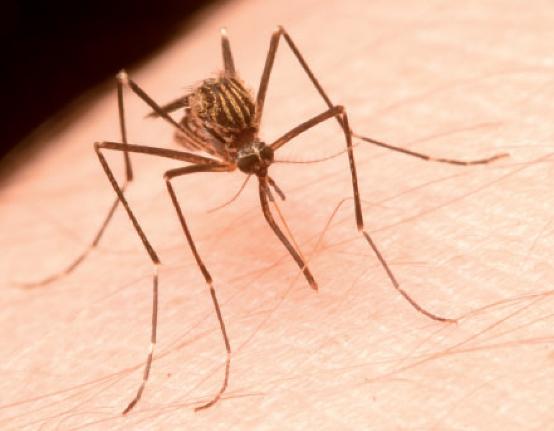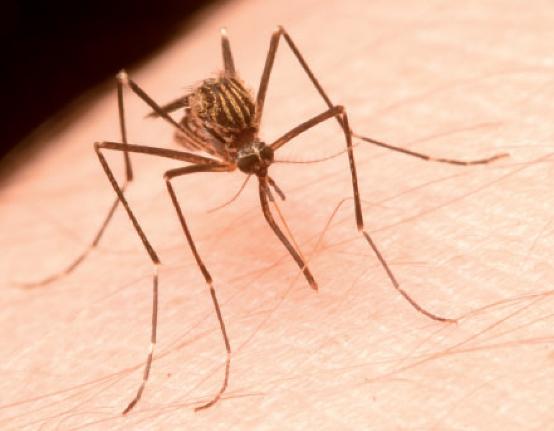
Canadian entomologists have reported the first appearance of Aedes japonicus — an invasive, disease-carrying mosquito — in western Canada. Members of the species were found in a suburb of Vancouver, British Columbia.
The research team, which included scientists from Simon Fraser University in Burnaby, British Columbia and from Culex Environmental, Ltd., a Burnaby pest control company, found Ae. japonicus larvae and adults in February 2015 in water in a tarpaulin. The scientists described their findings in the Journal of Medical Entomology.
Native to Asia, Ae. japonicus has been widely found in the eastern U.S. and eastern Canada since 1998, and in 2008 it was reported in southern Washington state and northern Oregon. It has also been found in several European countries and New Zealand.
"It is just a range extension of a mosquito that has been shown to possibly be able to vector different human pathogens that we currently don't have [in British Columbia]," said Scott McMahon, one of the authors and national operations manager at Culex. He believes the mosquito is likely to be found in other places in the province as well.
Using yogurt cups, the researchers scooped up the larvae they found and raised them in a laboratory.
"If you have both larvae and adult specimens, you can compare both the adults and the larvae," McMahon said. "You can double-check to see if you have the right species."
Because the species has been reported in Washington state, just 70 miles from the Canadian border, the researchers speculate that the species was brought into Canada as a result of human actions.
"It is unlikely to have arrived here without human intervention," they wrote.
The ability of Ae. japonicus to expand its range is due to its ability to use a variety of "larval habitats and a cold tolerance that allows an expanded seasonal activity range in temperate climates," according to a 2014 article in the Annual Review of Entomology. Larvae have been found in tires, tree holes, and a variety of containers, such as buckets and storm drains.
In addition to carrying La Crosse encephalitis, laboratory tests from the European Centre for Disease Prevention and Control have shown that the species can successfully carry dengue, West Nile virus, chikungunya, Japanese encephalitis, and St. Louis encephalitis.
Because the species is likely to be found in other parts of British Columbia, McMahon says that there will be increased surveillance for it.
"It's definitely something we want to keep our eye on, and we're going to be monitoring it further," he said.
###
The full article is available at: http://jme.oxfordjournals.org/lookup/doi/10.1093/jme/tjv164
The Journal of Medical Entomology is published by the Entomological Society of America, the largest organization in the world serving the professional and scientific needs of entomologists and people in related disciplines. Founded in 1889, ESA today has nearly 7,000 members affiliated with educational institutions, health agencies, private industry, and government. Members are researchers, teachers, extension service personnel, administrators, marketing representatives, research technicians, consultants, students, and hobbyists. For more information, visit http://www.entsoc.org.





